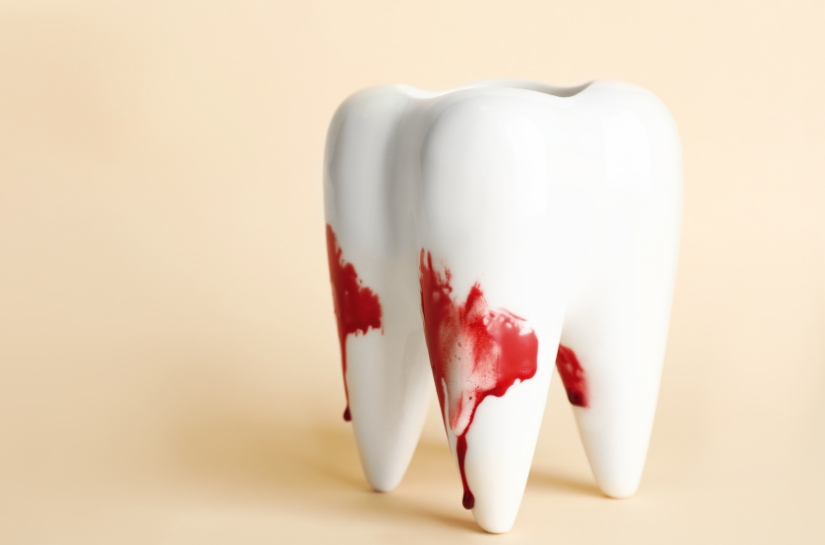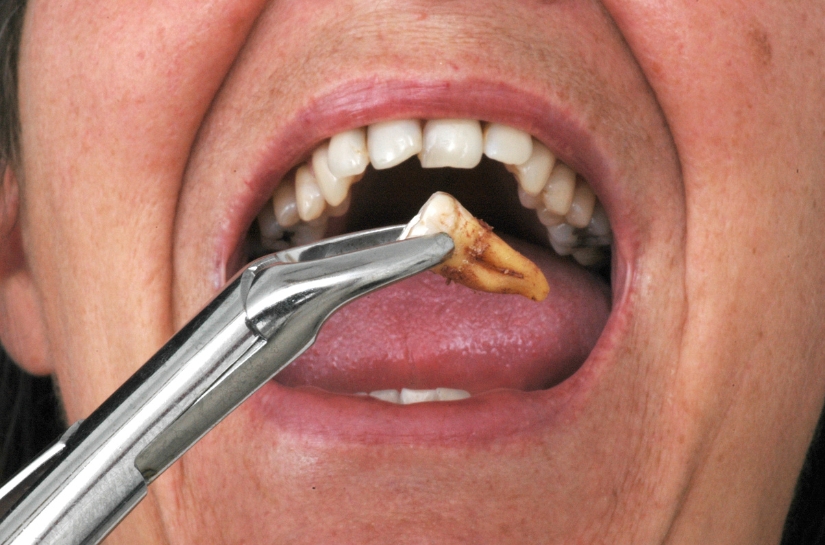1001 W Indiantown Rd, Ste 106, Jupiter, FL 33458
Bleeding After Tooth Extraction: Know How to Stop It and Keep Calm

Getting a tooth pulled is rarely the highlight of anyone’s day. While the procedure itself is usually quick and relatively painless, bleeding after tooth extraction is a common side effect that can leave you feeling nervous and unsure what to do. But fear not! Understanding why bleeding happens and how to manage it effectively can turn a potentially stressful situation into a manageable one.
Why does bleeding happen after a tooth extraction?
When a tooth is removed, the blood vessels supplying it are naturally disrupted, causing bleeding in the empty socket. This is completely normal and expected. In most cases, the bleeding stops on its own within a few minutes as your body forms a blood clot to seal the wound. However, some factors can prolong or worsen the bleeding, such as:
- Extensive surgery: Extracting wisdom teeth or impacted teeth often requires more complex procedures, leading to increased bleeding.
- Medical conditions: Individuals with certain blood clotting disorders or those taking blood thinners might experience more prolonged bleeding.
- Improper care: Not following your dentist’s instructions, especially regarding biting pressure or rinsing too soon, can dislodge the forming clot and trigger renewed bleeding.
How to stop bleeding after tooth extraction
1. Apply gentle pressure: This is the most effective way to control bleeding. Fold a piece of clean gauze (provided by your dentist) into a pad and place it directly over the extraction site. Bite down firmly but gently for 30-45 minutes. Repeat with a fresh piece of gauze if necessary.
2. Keep your head elevated: While resting or sleeping, prop yourself up with extra pillows. This reduces blood pressure in your head, facilitating clot formation.
3. Avoid strenuous activity: Strenuous activities can elevate your blood pressure and increase bleeding. Take it easy for the next 24-48 hours, avoiding heavy lifting or exercise.
4. Use cold compresses: Apply a cold compress to your cheek near the extraction site for 15-20 minutes at a time. This helps reduce swelling and discomfort, also minimizing bleeding.
5. Be mindful of your mouth: Avoid hot liquids, alcohol, and smoking for the next few days. These substances can irritate the extraction site and disrupt clot formation. Additionally, avoid vigorous rinsing or spitting, as this can dislodge the clot.
6. Stick to a soft diet: Choose soft, lukewarm foods that require minimal chewing for the first few days after extraction. This minimizes pressure on the extraction site and allows the clot to solidify undisturbed.
7. Follow your dentist’s instructions: Your dentist will provide specific post-extraction care instructions to follow. These may include pain medication, mouthwashes, or dietary restrictions. Strictly adhere to their recommendations for optimal healing and minimized bleeding.
When to call your dentist
While some bleeding after tooth extraction is normal, there are situations where you should reach out to your dentist promptly:
- Excessive bleeding: If the bleeding is bright red and continuous, or if you soak several gauze pads within an hour, contact your dentist immediately.
- Severe pain: Uncontrollable pain accompanied by swelling or fever could indicate an infection. Seek immediate dental attention.
- Loss of blood clot: If you feel a dislodged clot or see a gaping hole in the extraction site, contact your dentist for re-evaluation.
Maintaining oral hygiene after tooth extraction
Even with the extraction site healing, practicing good oral hygiene is crucial. Gently brush your teeth and tongue, avoiding the extraction site directly. Use lukewarm salt water rinses several times a day to keep the area clean and promote healing. Remember, proper care minimizes the risk of infection and complications.
Living in Jupiter, FL, and experiencing bleeding after tooth extraction?
If you’re residing in Jupiter, FL, and facing issues with bleeding after a tooth extraction, then seeking timely professional help is crucial. Consider scheduling an appointment with a qualified dentist in Jupiter, FL, to ensure proper assessment and management of the situation. Remember, prompt intervention prevents complications and promotes smooth healing.
Conclusion
Bleeding after tooth extraction is a common occurrence, but it shouldn’t cause undue panic. By understanding the reasons behind it and knowing how to manage it effectively, you can navigate this recovery phase with confidence. Follow the tips outlined above, prioritize good oral hygiene, and don’t hesitate to contact your dentist if you have any concerns. Remember, proper care and expert guidance pave the way for a quick and comfortable recovery.
FAQs
Warm salt water rinses can help cleanse the area and promote healing, but they don’t directly stop bleeding. If you’re experiencing significant bleeding, focus on applying gentle pressure with gauze and consult your dentist if necessary.
Excessive or continuous bleeding (bright red, soaking several gauze pads in an hour) could indicate a complication. Contact your dentist immediately for evaluation and further management.
Slight oozing or pink-tinged saliva for a few hours is expected. Heavy or continuous bleeding is not normal. If you’re unsure, err on the side of caution and consult your dentist.
Minor bleeding or spotting can occur for up to 24-48 hours. However, bleeding 3 days after extraction is unusual and warrants consulting your dentist to rule out potential complications.




